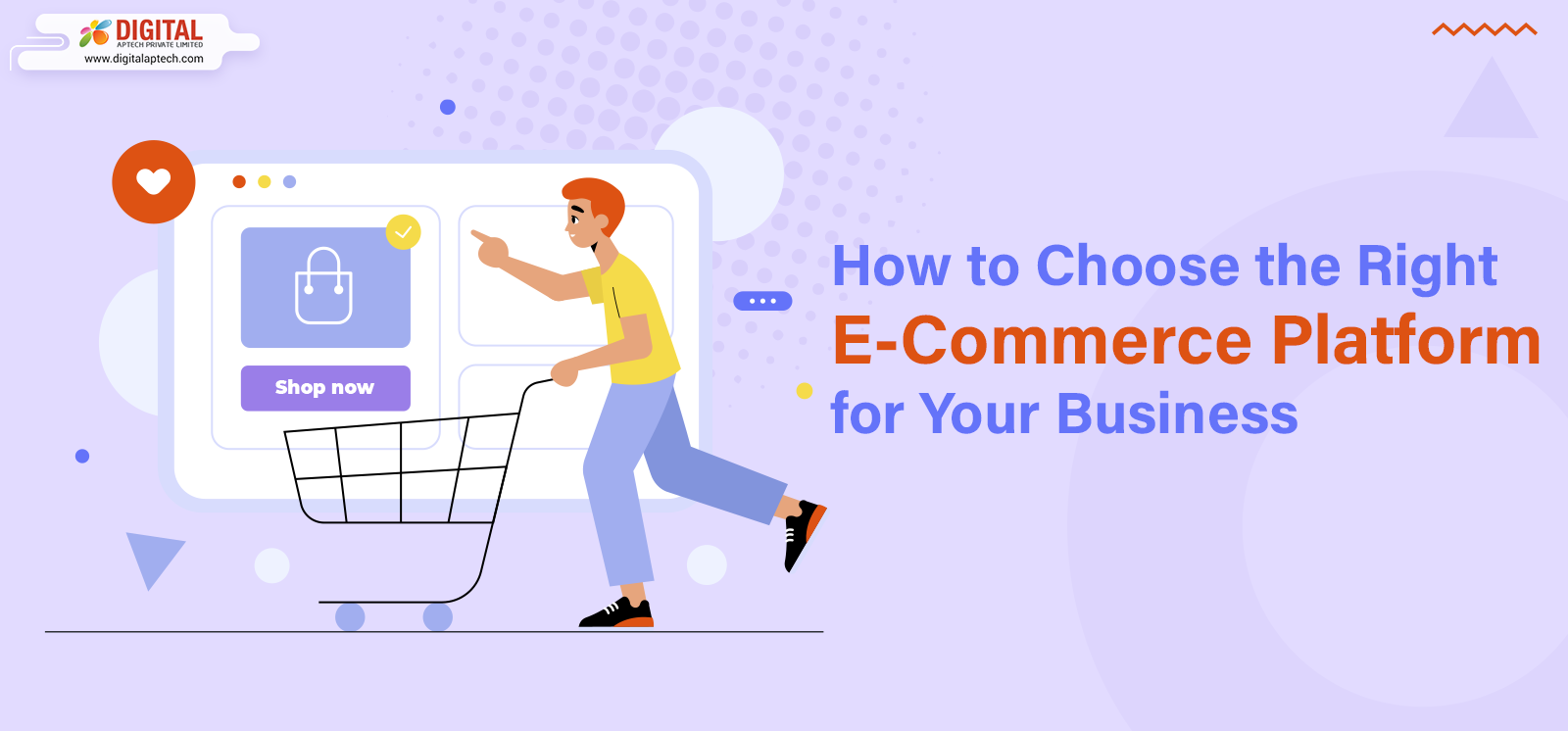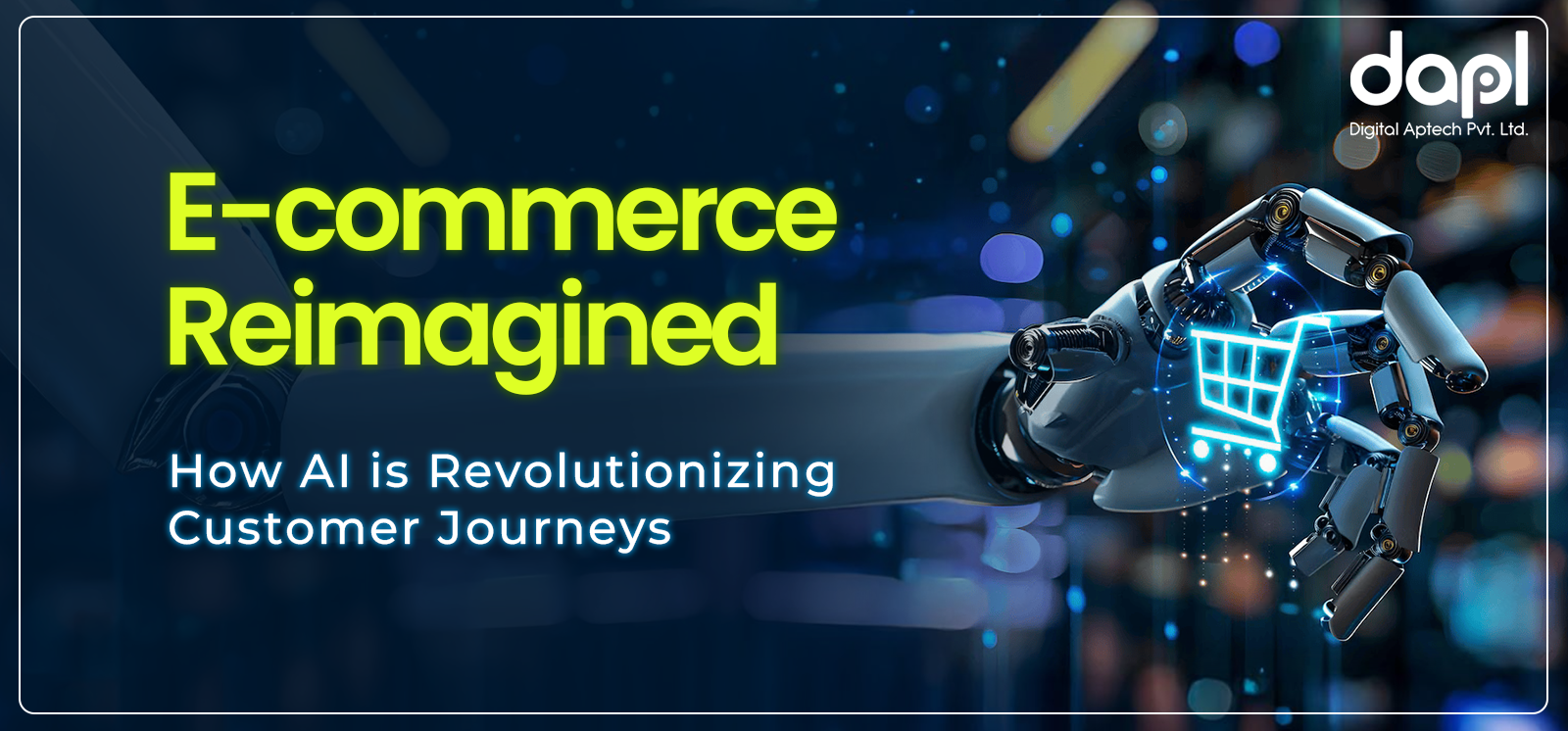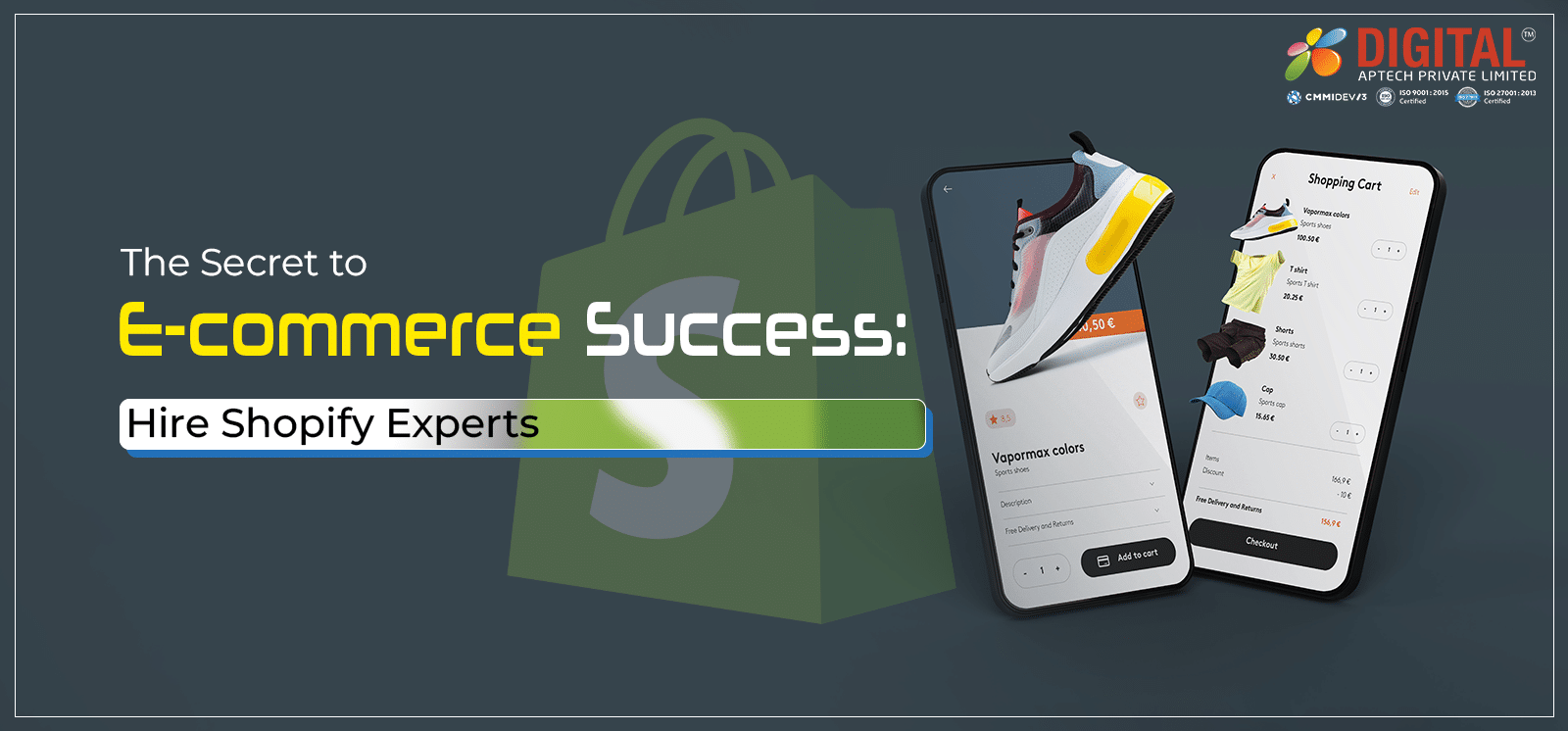An e-commerce platform essentially means that your business website is nothing but a shop front akin to a physically existing store. Just as much there are well arranged aisles in the brick and mortar store, the online store displays your business products in categories and sub-categories making them easy to find. There are other aspects like inventory management, stock-taking, order processing and of course, financial transaction record maintaining in online stores as in physically existing stores.
To start with, make a strategic layout of your business goals, its challenges and future prospects of your online store. There are crucial factors to consider like costs, ease-of-use of the software, its scalability, integrating with your business Customer Relationship Management (CRM), social media channels, security issues and cost of maintenance to name a few.
Here’s a complete guide on what to look out for when choosing the right and business specific e-commerce platform, read on…
➤ Cost of e-commerce platform

Cost of e-commerce platform will depend on the type of business, its size, sales volume and the type of solution you’re looking for. There are platforms like Magento that charge yearly licensing fee and again those like Shopify that run of monthly subscription model. There is also cost of design and development of the business website/online store that will depend on its complexity and feature integration.
➤ Functionality

Functionality of your online business store has two parts to it – the front-end needs and the back-office integrations. Your choice of e-commerce platform should be guided by the kind of look and feel to want to give your online store. The information and display that customers have access to at a glance will have definite say while making the pick. Moreover, there is also the option of customization that you should weigh well while building your ecommerce store.
Smooth backend operations will ensure that you carry out the end-to-end management of your business with total ease. Opt for an e-commerce platform that offers ease-of-use while managing your inventory, orders, processing and of course, financial transactions and gateway management.
➤ Customer engagement & experience

Customer engagement & experience is what guides all e-commerce business and you sure have to build a store that will optimize this aspect. Choose an e-commerce platform that will enable your customers find what they are looking for with the least of efforts. Let them use category specific filters and personalize their search experience each time they visit your online shop. Platforms that have predictive search capabilities and offer cart persistence features will surely be better choices than those that lack them.
➤ Customer management tool

Customer management tool integration is an indispensible aspect of online business that will not just help you build and manage relationships with your existing customers but also help in expanding customer base. Communicating with your shoppers, sending them new offers and addition through social media means using a robust Customer Relationship Management tools have to be integrated well with the platform. Make sure that the platform you choose will enable integration of the specific CRM that you opt for.
➤ Mobile compatibility

Successful e-commerce sites have special features like “click-to-call” and “click-to-map” buttons on screen allowing direct customer interaction from their mobiles. Opt for the e-commerce platform that will let you have these features included seamlessly.
➤ Marketing & Search Engine Optimization (SEO)

For SEO you will have to market your store and its content all over relevant digital platform to stay a cut above the stiff competition from your peers. Magento is a fully customizable e-commerce platform that is highly conducive for SEO, WooCommerce is SEO-ready. OpenCart supports SEO of product URLs and Shopify offer unique Search Engine Optimization.
➤ Performance & scalability

Performance & scalability are important to determine choice of platform in building online stores. They will determine how well the site can handle business traffic and future expansion plans. Online customers have very short attention span and they will want the site to load products immediately. This aspect may not be a problem when traffic to the site is low but, with increased load, it is likely to be an issue. Your e-commerce platform should be able to handle it easily.
➤ Security

Security is yet another crucial aspect when choosing the right e-commerce platform. There is security of your business data, customers’ data and of course, gateway encryption and more. Magento is a powerful platform with robust security features while Shopify offers additional layer of security to its users. You will have to choose one that complements all other previous factors before making the final call.
Each platform has its advantages and disadvantageS. While one platform may be ideal for building an electronic online business shop, it may not be ideal for one that will sell ladies accessories or lingerie. Put on paper your needs, online business ideals and objectives and get in touch with us and we will help you identify the best route based on your need, budget and expectations.
You can also hire dedicated developers to build the right e-commerce platform for your business from us!!!





























